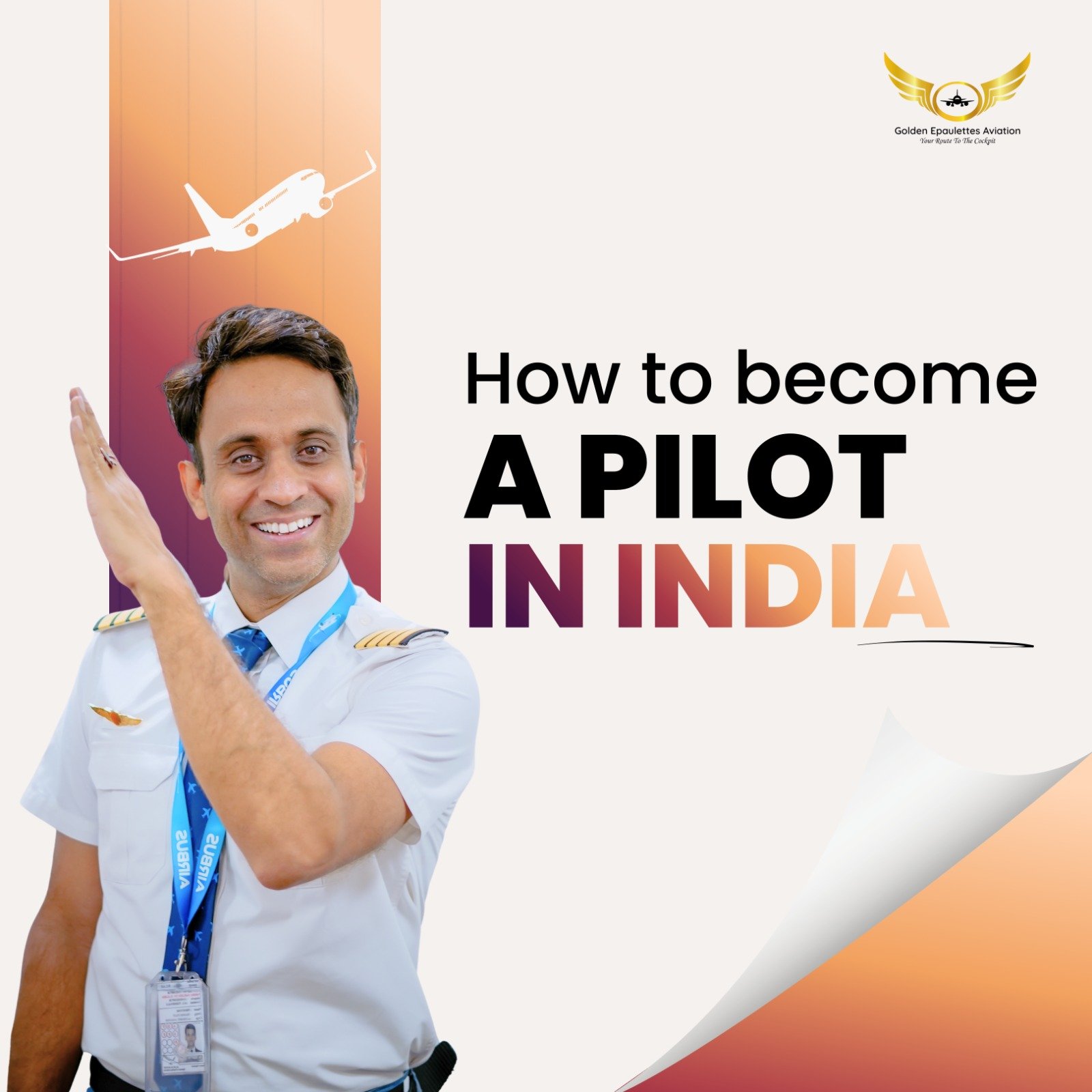ATPL Radio Aids & Instruments Course: What to Learn
Content will be added soon
 Menu
Menu
Pilot Programs
A Look at the Radio Aids and Instruments Course in Airline Transport Pilot License
Capt. Tomar Awdhesh
Author

Thank you! Our team will contact you shortly on WhatsApp.